The SDGs stand for the “Sustainable Development Goals,” which are international goals that aim to achieve a sustainable and better world by 2030 for all people to continue to live on this planet. They consist of 17 goals and 169 targets, and pledge to leave no one behind.
Ministry of Foreign Affairs of Japan: https://www.mofa.go.jp/mofaj/gaiko/oda/sdgs/about/index.html ![]()
SDGs Initiatives at Three Kansai Airports
Kansai Airports Group is working to promote SDGs, which aim for a sustainable and better world. Here are some of our efforts for each category.
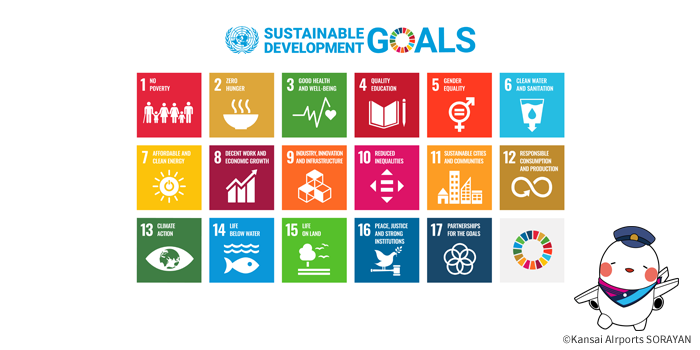
SDG Initiatives at Three Kansai Airports
-SDG Initiatives at Three Kansai Airports-
Environment
Japan's first sustainable aviation fuel
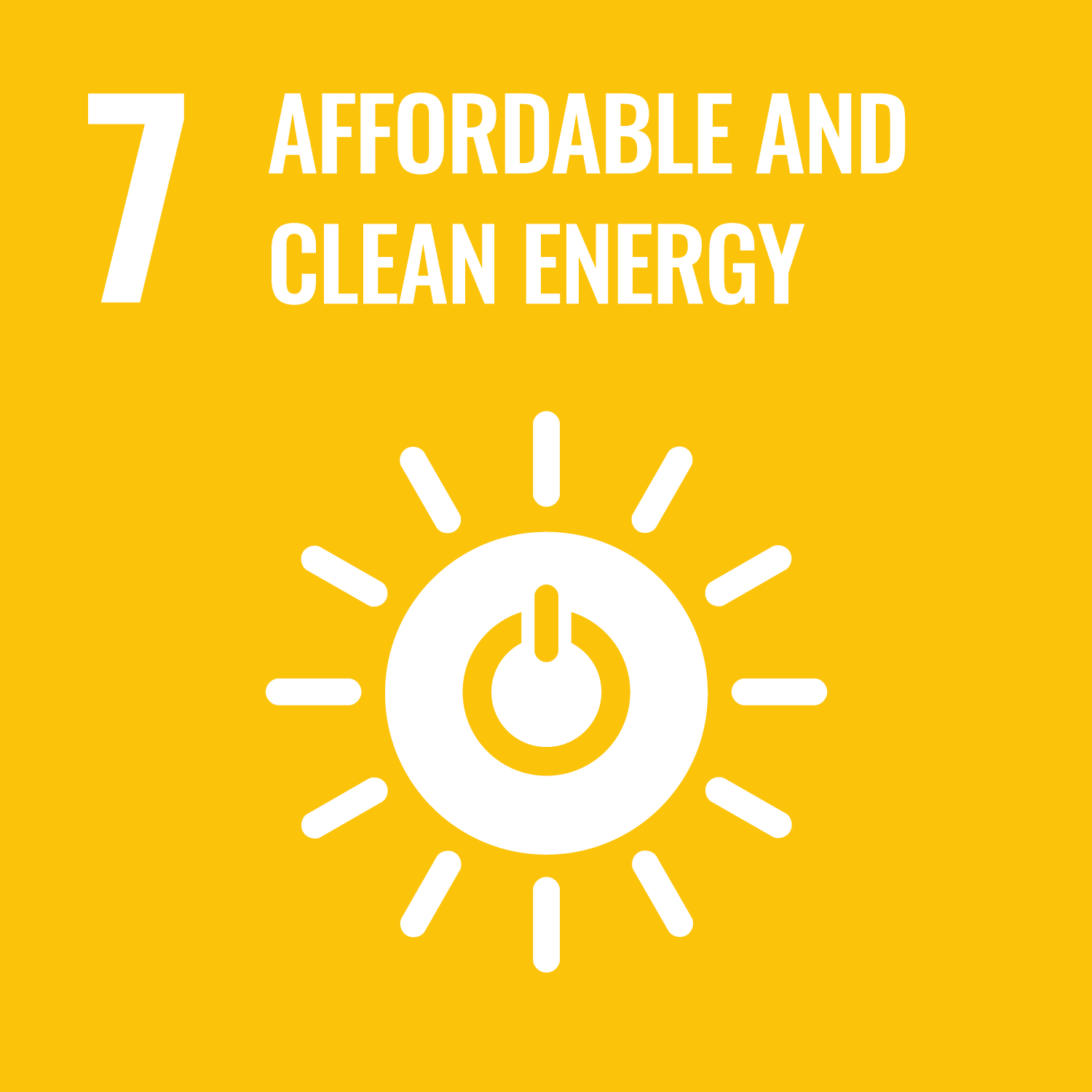
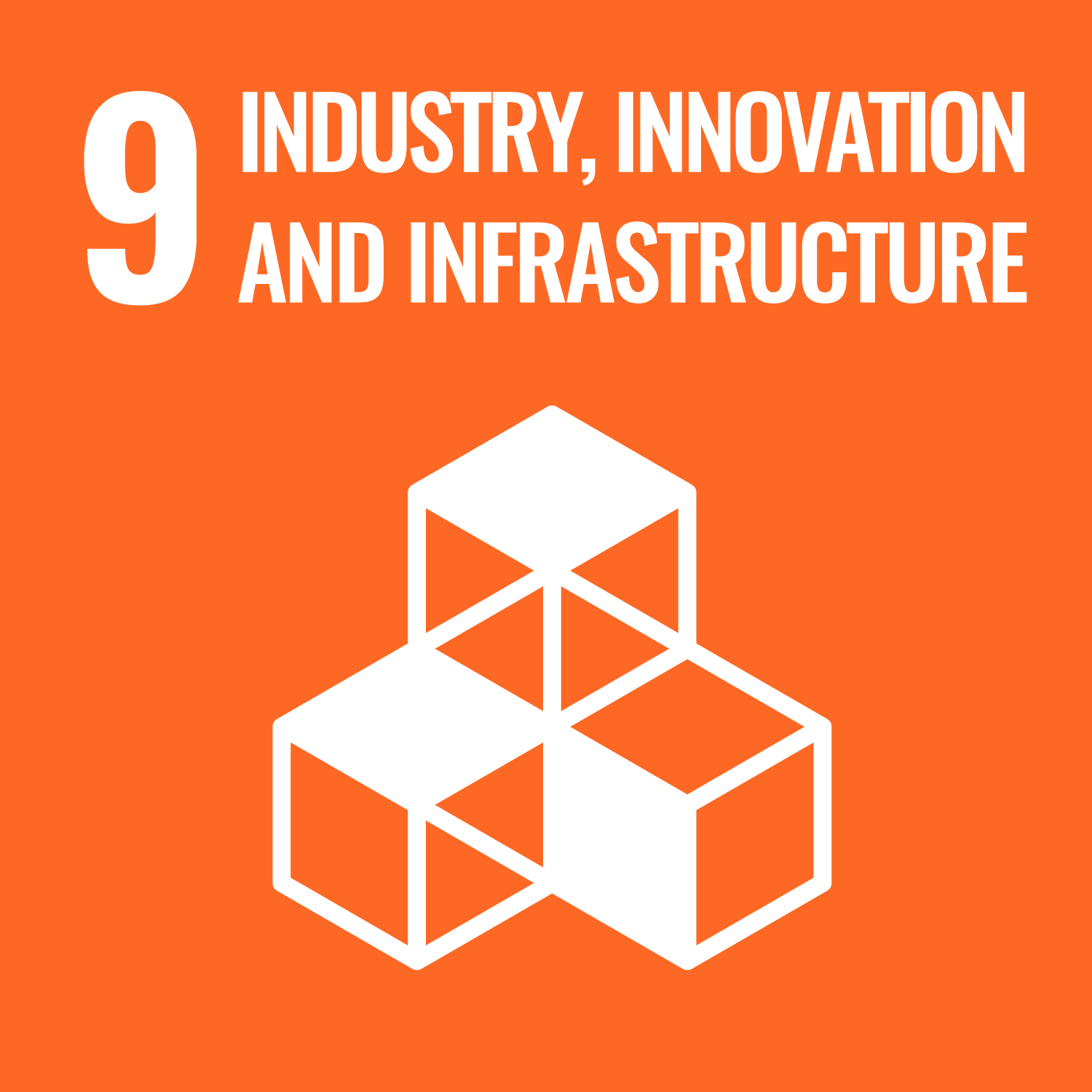
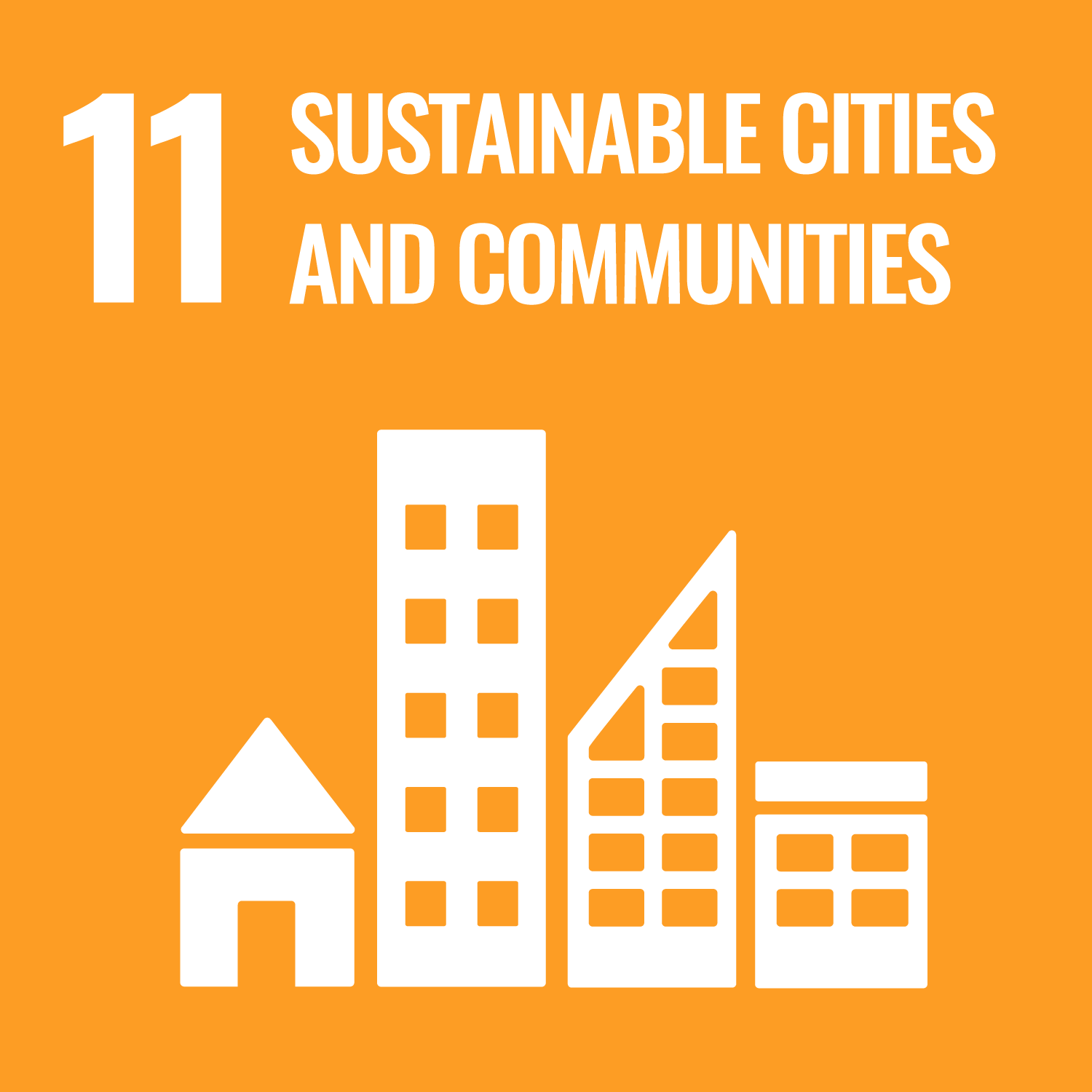
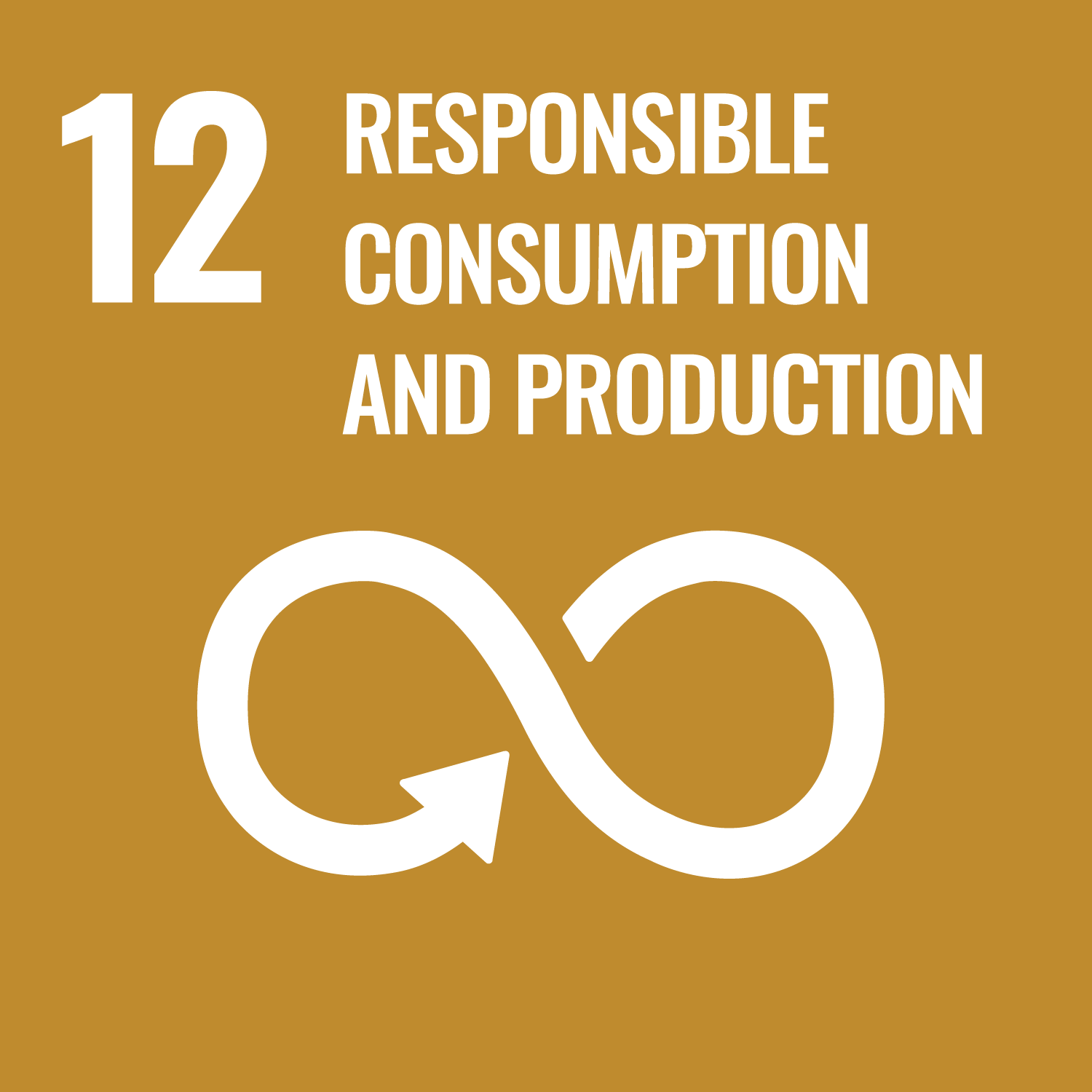
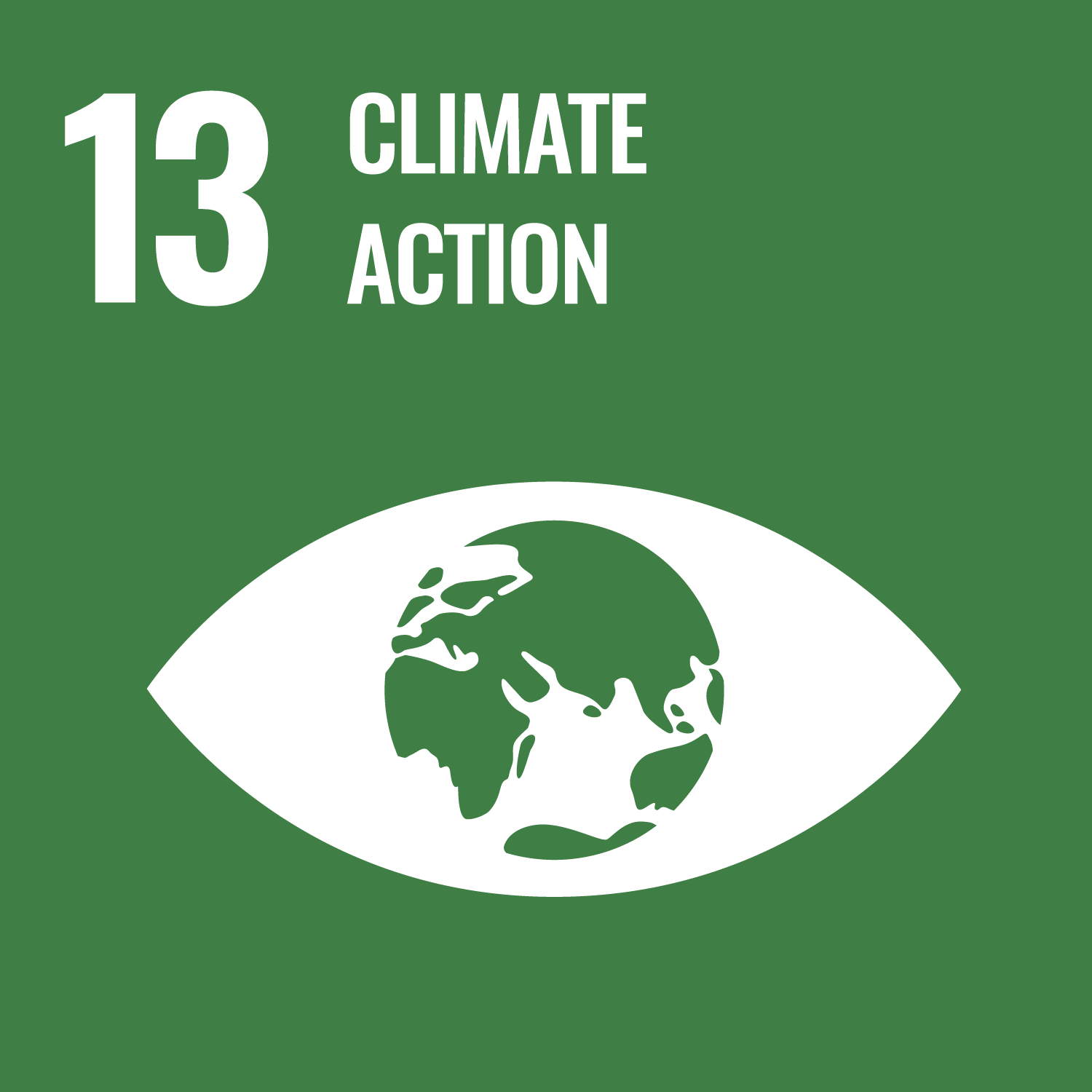
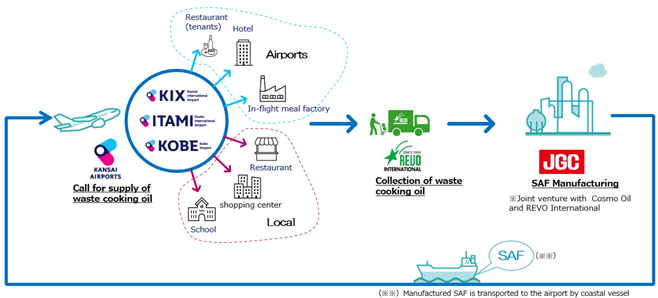
Kansai Airport, in collaboration with JGC Holdings Corporation and Revo International Inc., has signed a basic agreement to cooperate in supplying waste cooking oil discharged from restaurants and other facilities in the three airports operated by the Kansai Airports Group as raw materials for the SAF*1 production business.
*1 SAF is a biofuel made from plants and waste oil. It is believed to significantly reduce carbon dioxide emissions compared to conventional fuels made from crude oil.
With the aim of becoming the first in Japan to start large-scale commercial production of SAF in 2025, we will contribute to securing used cooking oil by promoting the importance of SAF to restaurants and hotels in the three airports, local restaurants and schools, and local communities, and by calling for cooperation in collecting used cooking oil.

Together with everyone, let’s make eco-friendly biofuels together!
Toward the realization of hydrogen-powered aircraft operations



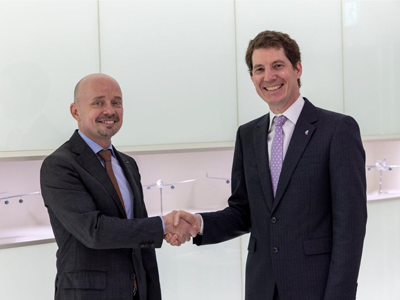
Kansai Airports has formed a partnership with Airbus to work together towards the introduction of hydrogen-fueled aircraft at the three airports in Kansai. The partnership with Airbus is the first of its kind at an airport in Japan.
Hydrogen can be produced from renewable energy sources and is one of the most promising decarbonization solutions that do not emit CO2 when used. Both companies will contribute to the decarbonization of the aviation industry, leveraging the expertise in our respective fields.
Kansai Airports will study the infrastructure needed at the airport to prepare for the operation of hydrogen-fueled aircraft in Japan.

We will make sure to fly the first hydrogen-powered aircraft at a Japanese airport!
Planting seaweed around the airport so that sea creatures can live

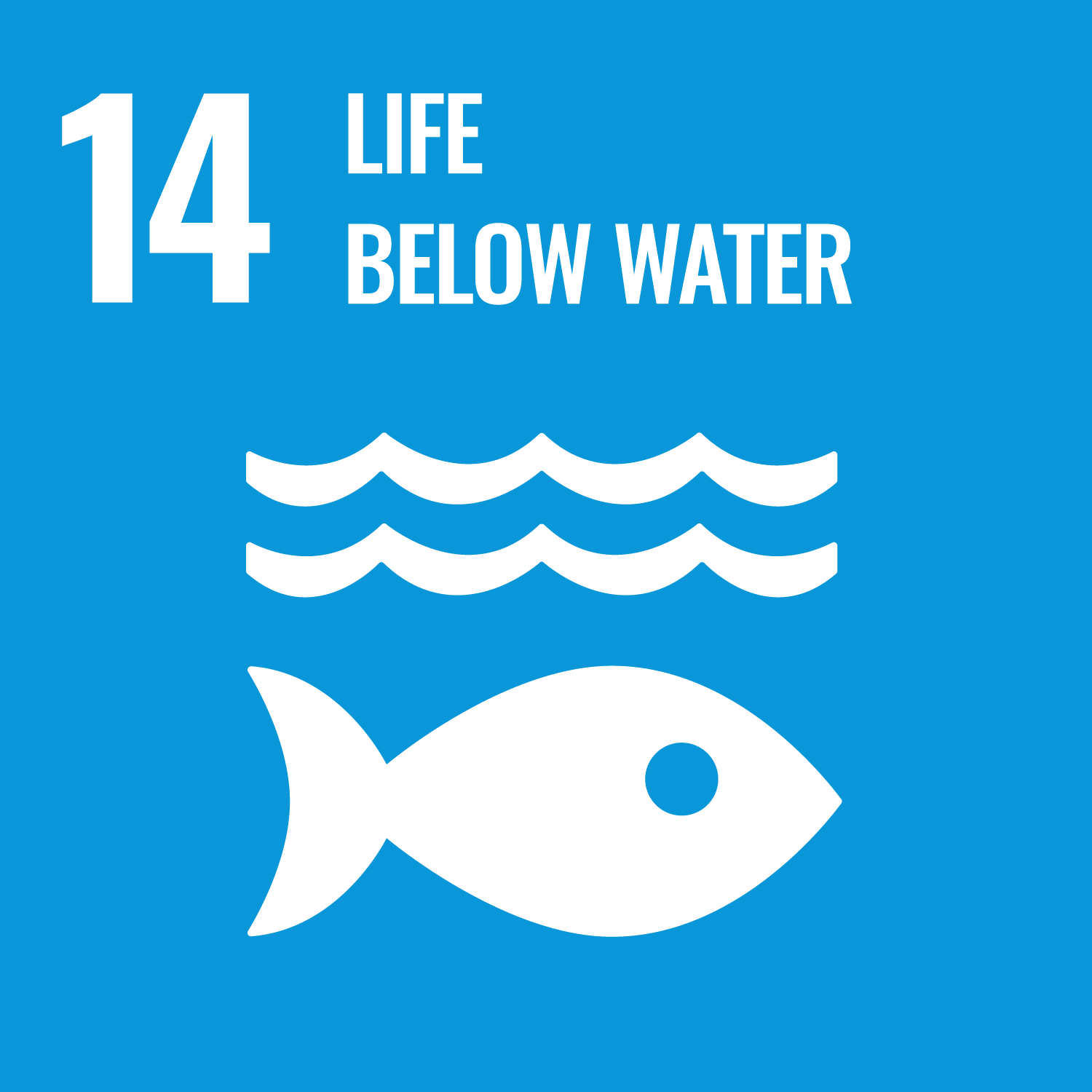
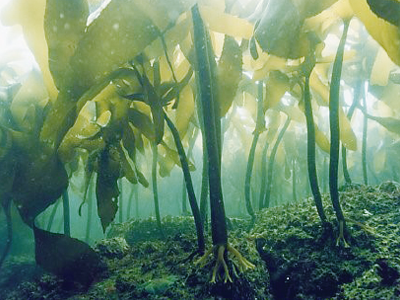
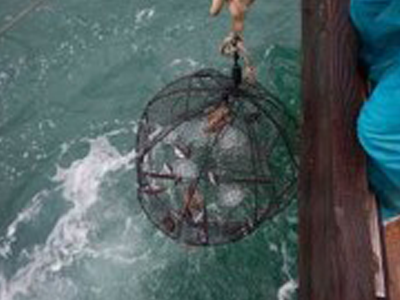
Kansai International Airport (KIX) is an island built by reclaiming land in the sea five kilometers away from the opposite shore, aiming for an airport without noise pollution. Many seaweeds, such as wakame and kajime, grow on the gently sloping seawall surrounding the island, creating a habitat for sea creatures. Of the seaweed beds in the whole of Osaka Prefecture, as much as approximately 20% are located at KIX. About 200 species of fish and shellfish have been identified so far, including redspotted grouper and sea bream.
We are also working in collaboration with fishermen to improve the environment for marine resources in Osaka Bay by surveying marine life habitat conditions in the vicinity waters and releasing fish into coastal areas as spawning parents.
The Ministry of Environment of Japan has certified our seaweed bed spreading along the seawall of Kansai International Airport as a "Natural Symbiosis Site*1".
*1 Please refer to the following news release for more information on the Natural Symbiosis Site.
KIX certified for its seaweed beds on the seawalls by the Ministry of the Environment as a “natural symbiosis site" - Contributing to biodiversity conservation in Osaka Bay - ![]()

So it‘s true that the sea around KIX is a fish paradise!
J Blue Credit Certification - KIX seaweed beds become the CO2 absorption source! -


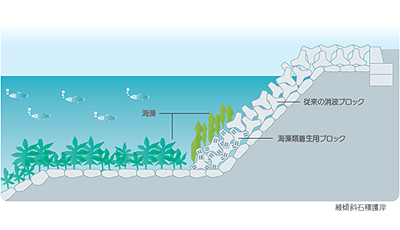
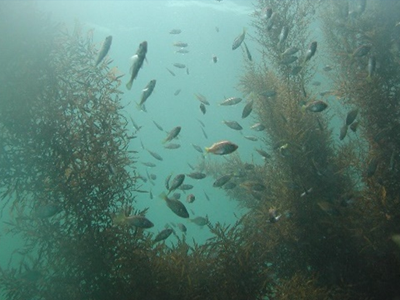
Kansai Airports has received certification and issuance of J Blue Credit*1 for quantifying the amount of CO2 absorbed by seaweed growing on the seawall around Kansai International Airport.
Carbon stored in the ocean by marine organisms is called "blue carbon" and is attracting attention as a new source of CO2 absorption. At the island of Kansai International Airport, a large part of the seawall has been set in a gentle slope and a rich seaweed bed environment has been created for more than 30 years through cultivation, maintenance, and monitoring surveys.
The recent recognition of CO2 absorption and fixation indicates that the efforts we have made to create a seaweed bed environment, in addition to providing marine resources as spawning and growing grounds for fish and shellfish and cleaning up the water quality, can also contribute to reducing CO2 emissions.
The Kansai Airports Group has set a long-term goal of reducing greenhouse gas emissions to virtually zero by 2050. We will contribute to the realization of a sustainable society through various activities to reduce our impact on the environment.
*1 A credit certified, issued and managed by Japan Blue Economy Association (JBE). The certification and issuance are made after examination and verification by a third-party committee independent of JBE.

We’ll keep on working towards the reduction of environmental impact♪
Osaka Bay Marine Forest (Seaweed Bed) Conservation and Restoration Project


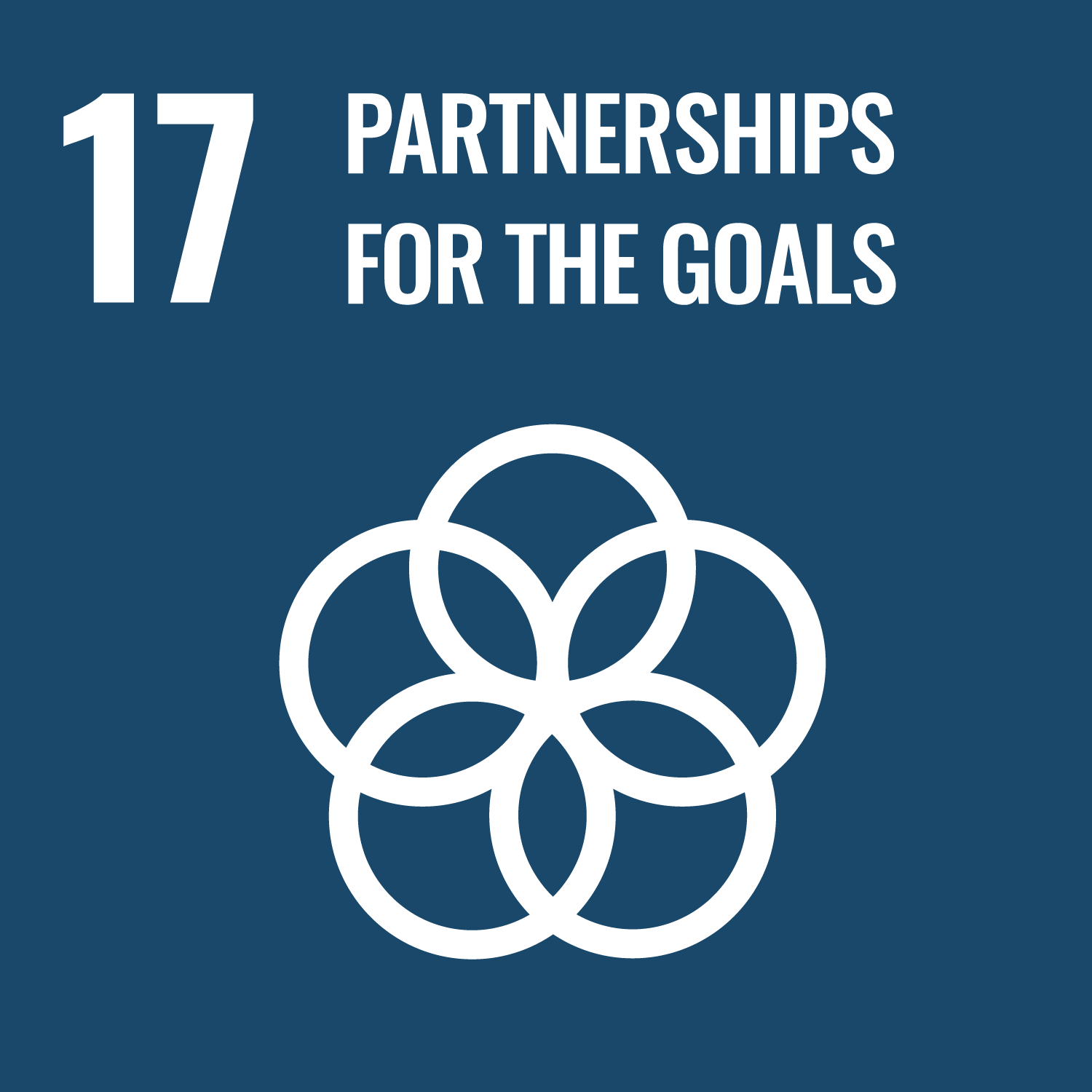
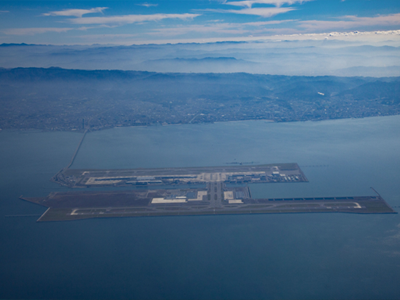

Kansai Airports and Hannan City are working on the Osaka Bay Marine Forest (Seaweed Bed) Conservation and Restoration Project to create a richer marine environment through collaboration between the local community and the airport. This initiative was also registered as a TEAM EXPO 2025 program*1 and a co-creation challenge*2 at the Osaka-Kansai Expo.
Kansai Airports and Hannan City, a co-creation partner*3 will undertake the following initiatives and disseminate the results of this project nationwide and worldwide.
Creating a rich marine environment through collaboration between local communities and the airport
- Seaweed transplanting projects between community and the airport
- Enhancing the value of Osaka Bay by sharing knowledge to create seaweed bed
- Educating the next generation to create a rich marine environment
Please see the following news releases for *1, * 2 and * 3.
Kansai Airports and Hannan City to collaborate on “the Osaka Bay Sea Forest (Seaweed Beds) Conservation and Restoration Project“- The project was registered to the “TEAM EXPO 2025” Program Co-Creation Challenge of Osaka - Kansai Expo - ![]()

Collaborate with everyone and contribute to the creation of a rich environment
Cleaning up used water at the airport!
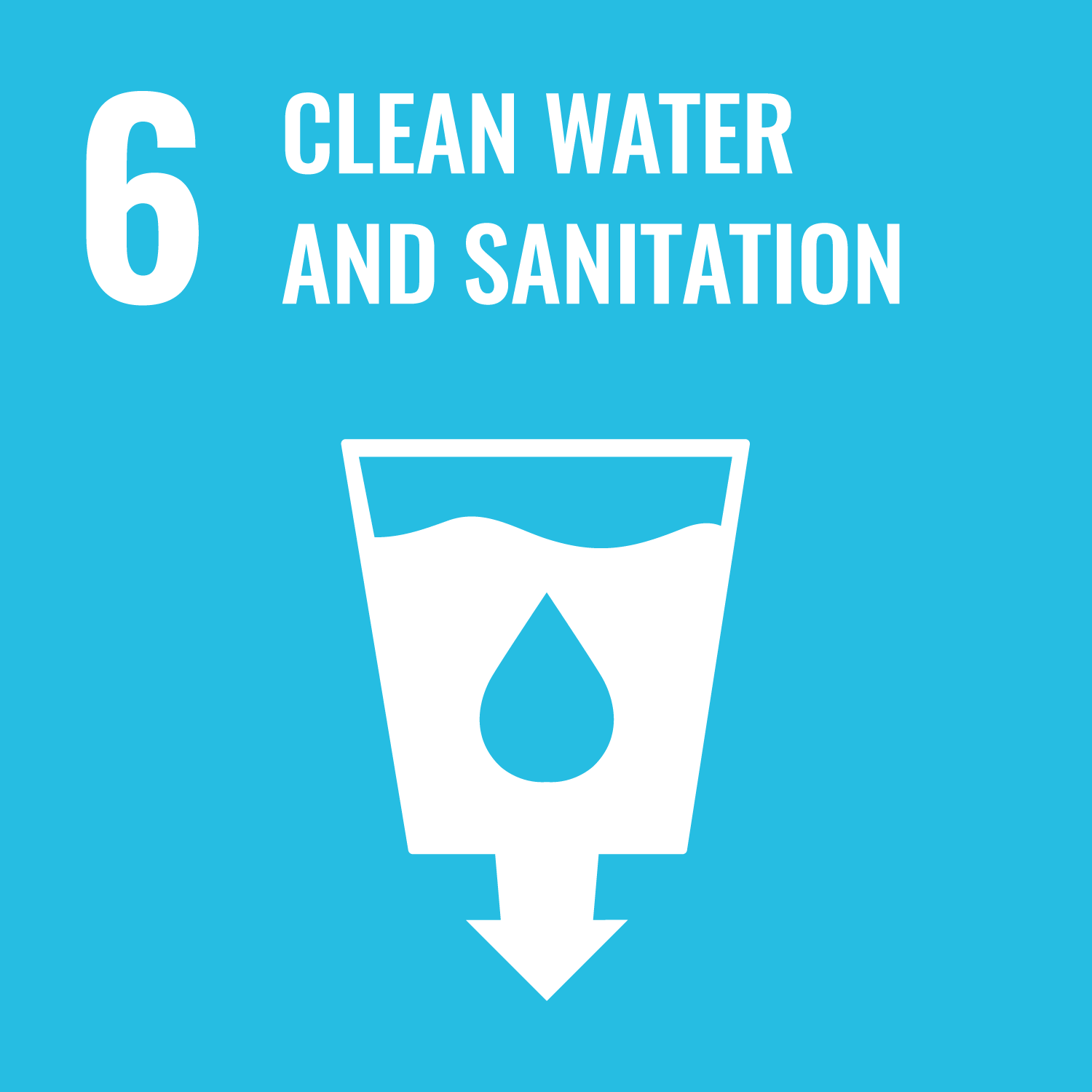


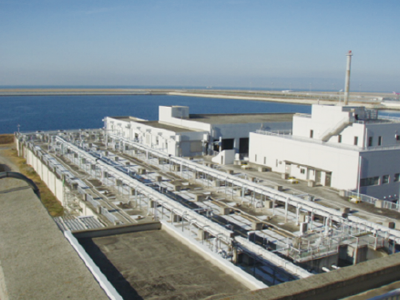
Water used at KIX is treated at the Purification Center on the airport island and reused as gray water* for flushing toilets in the airport facilities. The KOBE Airport makes effective use of water resources by installing equipment that can collect and filter rainwater. Kansai Airports are making efforts to save water by installing automatic water taps and using water-saving models when renovating toilets.
*1 Undrinkable water that can be used for toilet flushing and industrial use.

We’re cleaning up the water and reusing it on the airport island!
Waste reduction and recycling


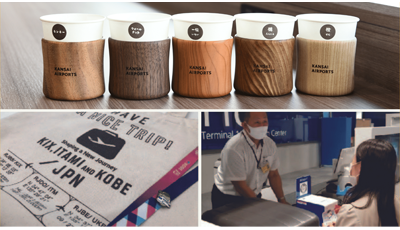
We are working to reduce waste and increase the recycling rate by sorting and separately collecting garbage generated at the airports. We have installed food waste disposers that process food waste without burning in the KIX and ITAMI cafeterias. We will install them in the restaurants and shops in the terminal buildings, with the aim of reducing the amount of food waste that needs to be incinerated at the airports. Aiming to realize environmentally friendly airports—Plastic-free Airports—, we will promote measures to reduce disposable plastic waste, which include changing shopping bags at directly managed stores to eco-friendly materials, and plastic straws to alternative materials, such as paper straws.
Kansai Airports promote plastic waste measures as follows:
- Use of paper (FSC certification) shopping bags
- Use of paper straws, paper cups, and wooden muddlers at airline lounges
- Use of wooden cup holders
- Raising awareness through original eco-bags and eco-badges
- Reuse of suitcases
- Free water machines for anyone to feel free to refill their own bottles
- Setting up a no-plastic-bottle day for employees

Avoid producing garbage as much as possible and use environmentally friendly products. That’s important!
Active use of hydrogen energy!

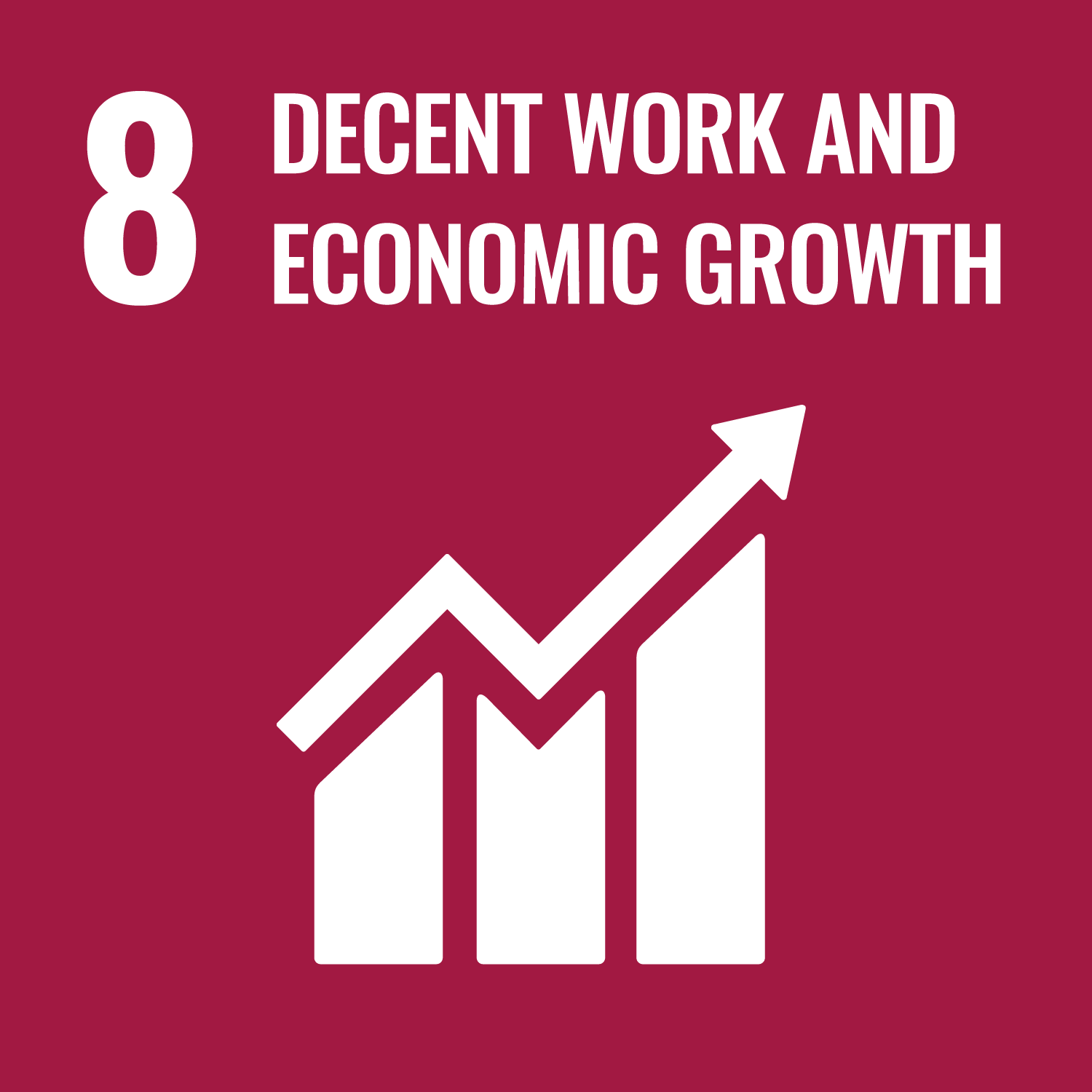


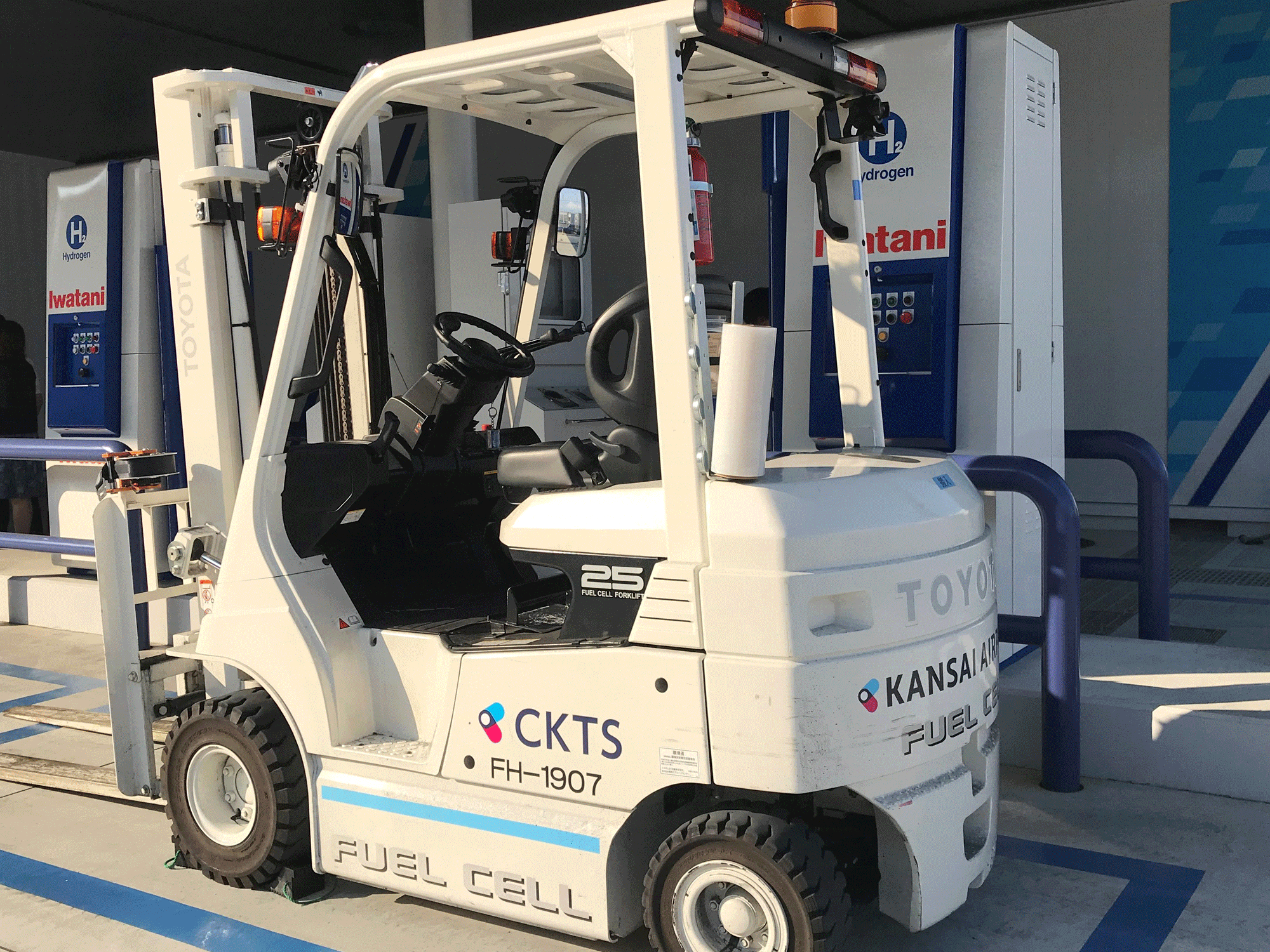
We are working on the use of hydrogen energy, which is drawing attention as a new energy source. Hydrogen stations are already in place at KIX and ITAMI, and fuel cell vehicles are being introduced for commercial use. In some cargo sheds at KIX, 22 fuel cell forklifts running on hydrogen are in operation. They do not emit exhaust gases and odors as well as CO2, so the air in the sheds is very clean. They are also quiet, which not only reduces environmental load but also greatly improves the working environment.

Hydrogen-powered fuel cell vehicles are used also for our employees on the airport island!
Aiming for zero greenhouse gas emissions



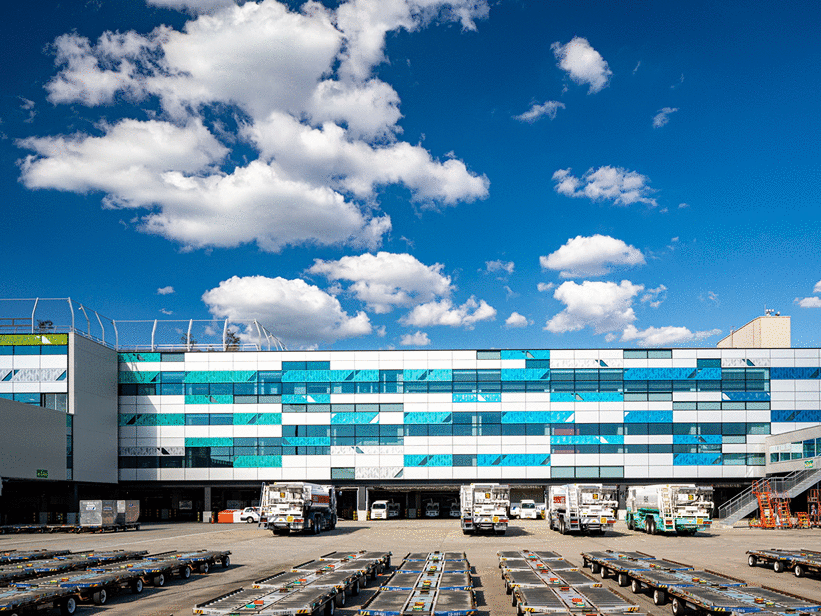
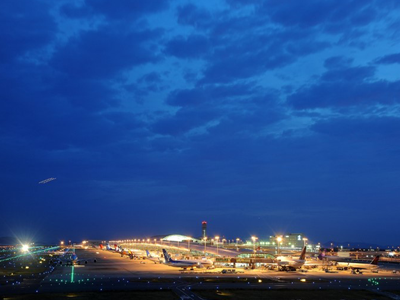
Kansai Airports Group has set a long-term goal of virtually eliminating greenhouse gas emissions by 2050, and is taking the following steps to achieve this goal:
Promotion of Energy Saving
To ensure efficient energy use, we use a system called BEMS*1 to monitor and analyze energy use. This helps in the efficient operation of equipment and early detection of problems. We are progressively installing and updating energy-efficient equipment.
Introduction of Renewable Energy
We promote the use of renewable energy, such as solar power and small wind power, as well as hydrogen energy.
Promotion of EVs
Reducing greenhouse gas emissions from vehicles is another important issue. We are actively introducing eco-cars, such as hybrids, as well as ZEVs (Zero-emission Vehicles), such as electric vehicles and fuel cell vehicles.
Promoting LED for airfield lighting
We have introduced LED in Island 2, and are progressively working to convert all airfield lighting to LED by 2030.
*1 Building Energy Management System: Using this system, we are building an energy management system that allows centralized collection, management, information sharing, and analysis of energy data.

We use environmentally friendly energy for clean airports!
Environmental management to reduce CO2 emissions



KIX, ITAMI, and KOBE are the first Japanese airports to receive Level 4 ACA (Airport Carbon Accreditation) from the ACI (Airports Council International), an international organization of airport authorities. The ACA is a program that evaluates efforts to reduce CO2 emissions, and 357 airports worldwide have been certified as of November 2021.
We also provide information on environmental monitoring and environmental reports on our website to our airports users, airport officials, and local residents.

It’s taking a lot of effort from a lot of people to reduce CO2!
Our airport stores obtained "Eco Mark Certification"!
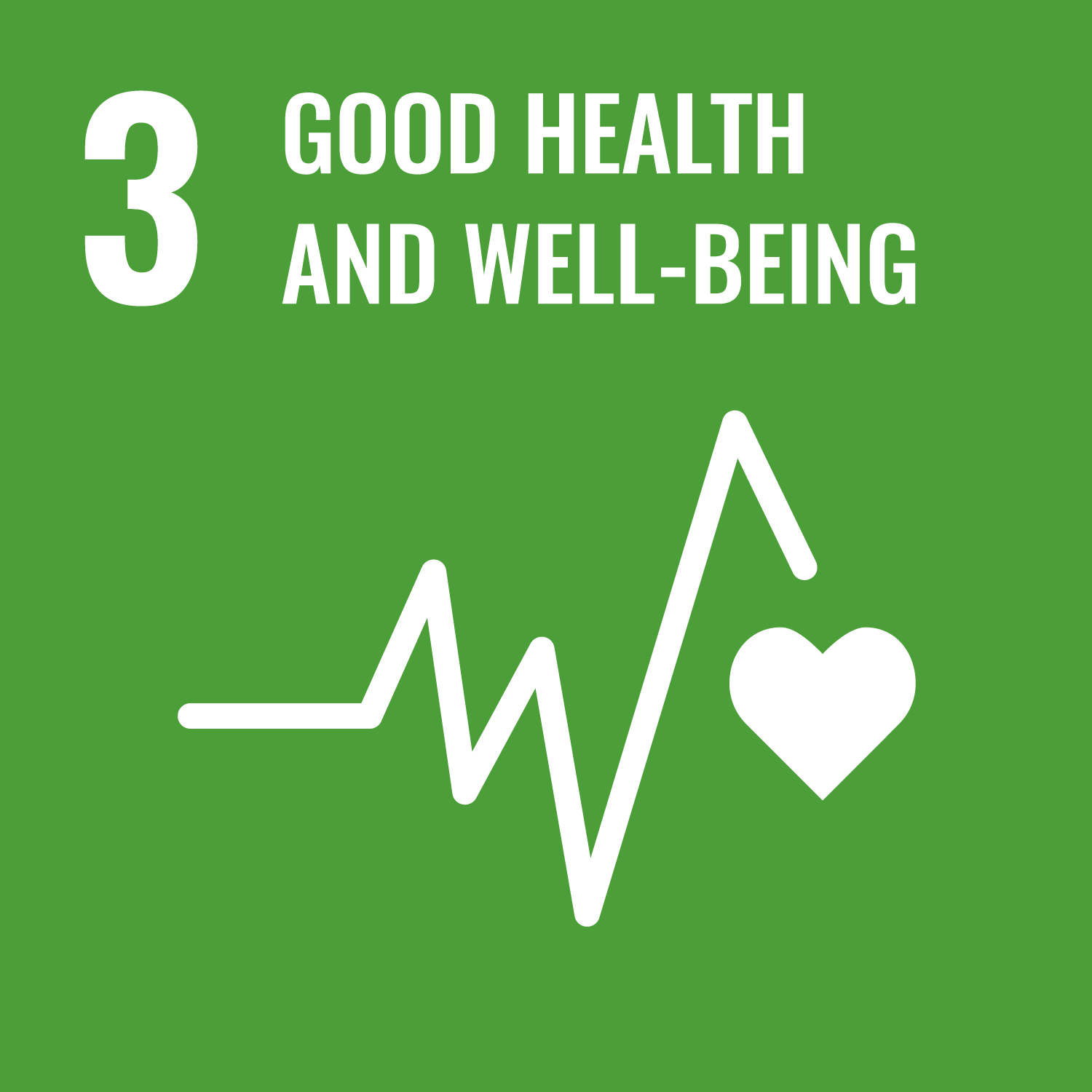





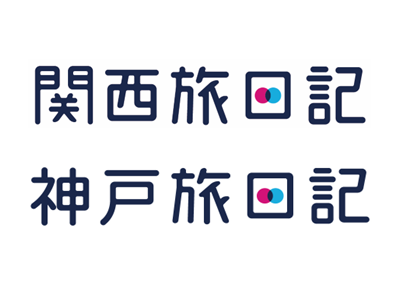
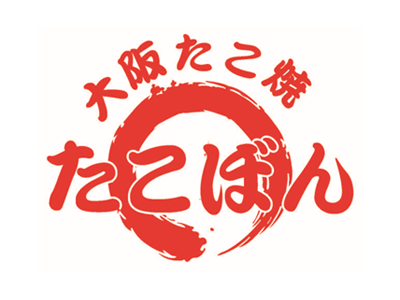
The "Kansai Tabi-nikki" and "Kobe Tabi-nikki,"*1 general souvenir stores operated at the three airports in Kansai and the "Osaka Takoyaki Takobon"*2 at Osaka International Airport (Itami Airport) have acquired "Eco Mark Certification." The Eco Mark is an environmental label attached to products and services recognized as “having a low environmental impact and contributing to environmental preservation.” It is managed by the Japan Environment Association and is the only ISO14024 Type-I label in Japan approved for use based on rigorous screening by a third-party organization.
Please refer to the following pages for more information on *1 and *2 eco-friendly activities.
Kansai Tabi-nikki, Kobe Tabi-nikki:Kansai Tabi-nikki, Kobe Tabi-nikki/ Certified retail stores/ Eco Mark Certification ![]()
Osaka Takoyaki Takobon:Osaka Takoyaki Takobon/ Certified restaurant/Eco Mark Certification ![]()

We operate airports in an eco-friendly way and contribute to creating a better environment♪
First airport lounge to receive Eco Mark certification!






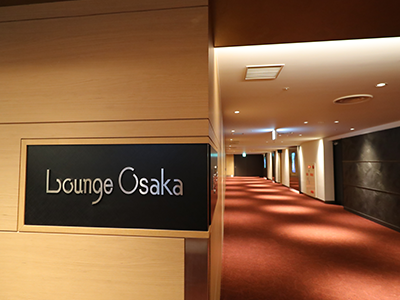
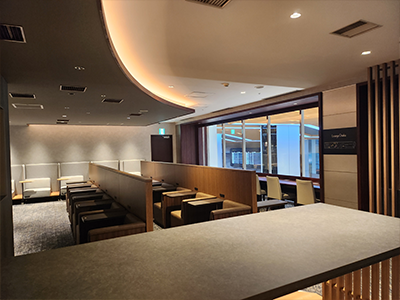
Lounge Osaka International Airport, operated by Kansai Airport Retail Service Co., Ltd., has become the first airport lounge to receive Eco Mark certification.
Lounge Osaka is working to reduce the use of plastic containers, use eco-friendly products, and conserve energy and water.
Please refer to the following page for more information on eco-friendly initiatives.
Lounge Osaka: Lounge Osaka | Certified Airport Lounge | Eco Mark Certification Service ![]()

This is the first airport lounge to receive Eco Mark certification!
Osaka Airport Hotel Earns Eco Mark Certification!








Osaka Airport Hotel, located inside the Osaka Itami Airport Terminal Building and operated by World Air Passenger Service Co., Ltd., has been awarded Eco Mark certification.
Eco Mark certification for hotels and Japanese inns (ryokan) recognizes not only efforts in energy and water conservation and waste reduction, but also initiatives that help guests deepen their understanding of environmental preservation through their stay.
At Osaka Airport Hotel, we partner with our guests to foster an eco-friendly environment through initiatives such as “Eco Stay*1,” which allows guests to opt out of room cleaning and linen changes, and by introducing room keys crafted from repurposed aircraft windows.
*1 By reducing cleaning, linen changes, and amenities replenishment during consecutive stays, we are able to make donations to environmental protection organizations.
For more details about Osaka Airport Hotel, please visit:
https://www.osaka-airterminal-hotel.com/english/ ![]()

We are an eco-friendly hotel that cares about the environment!
Using the aircraft onboard water for firefighting!


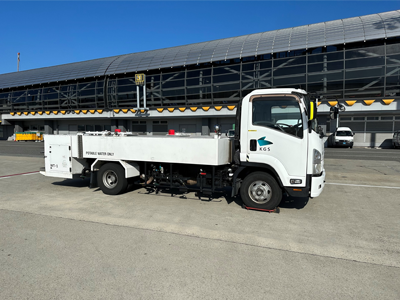
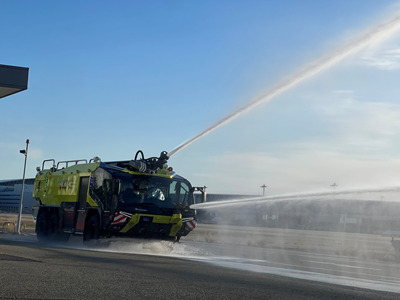
We have been working with K-Ground Service Co., Ltd. and K-Ground Expert Co., Ltd. to aircraft onboard water to be disposed of as firefighting water at Kansai International Airport.
Aircraft onboard water is indispensable for flight operations, as it is used for washing dishes and toilets. However, it is sometimes simply disposed of due to its expiration date. This initiative will reduce water consumption by up to approximately 1,000,000 liters annually.

We will collaborate with all stakeholders to contribute to a better environment.
Supporting further use of electric vehicles with more EV charging facilities



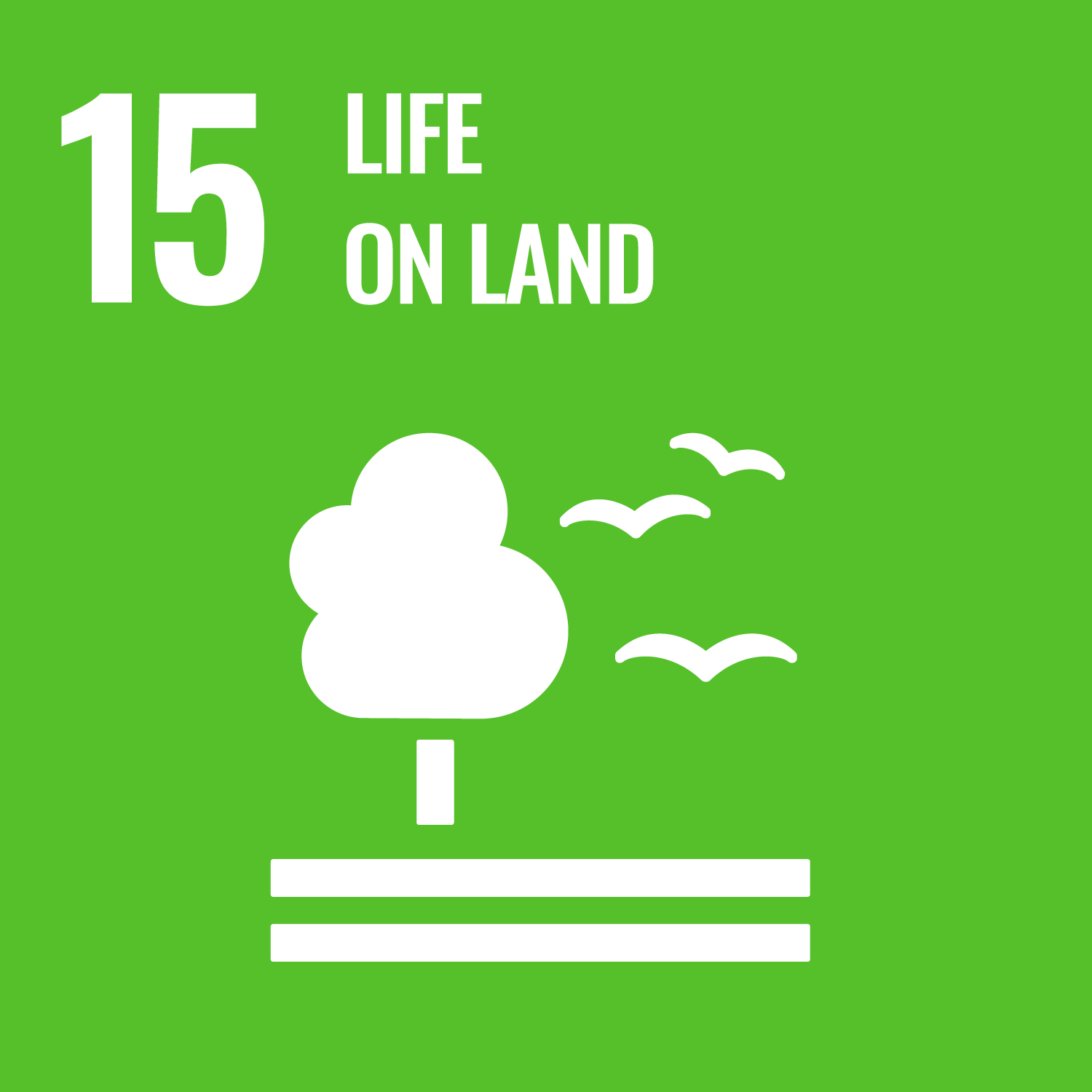
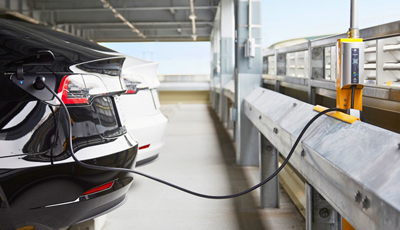
We have installed 196 EV chargers across the three airports in Kansai to further promote the use of electric vehicles, which are expected to contribute to the reduction of CO2 emissions.
At Osaka International Airport (ITM), we have introduced the EV charging service “WeCharge*1,” provided by Yubiden, Inc. This service allows users to start or stop charging their electric vehicles and make payments using a mobile app.
We are committed to swiftly responding to the increasing demands for EVs through our airport operations.
*1 The WeCharge app can be downloaded and registered in advance. For details, please visit the WeCharge service website![]() .
.

We will also contribute to the spread of electric vehicles♪

